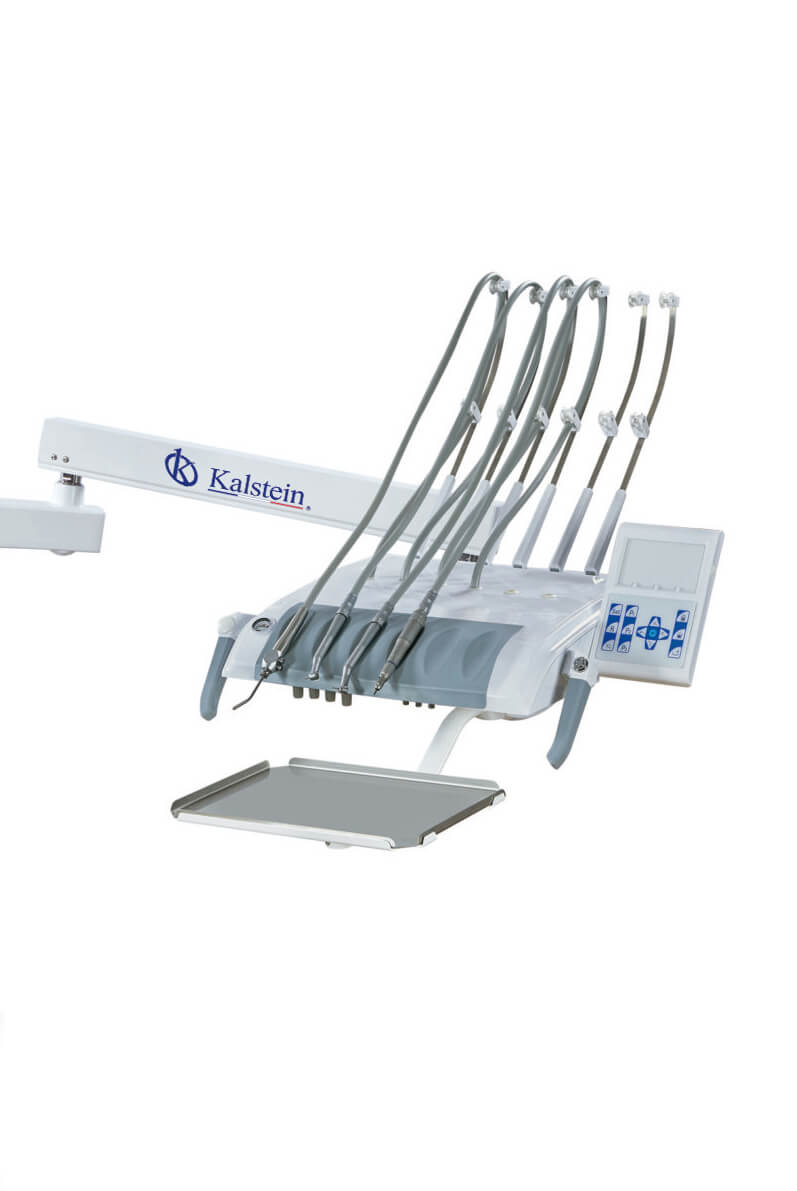In the last decade, technological advancements have revolutionized dentistry, ushering in a new era of more precise and efficient dental treatments.
Dental accessories, in particular, have played a crucial role in this transformation. In this article, we will explore the latest trends in dental accessories from the medical line and how they align with these developments, enhancing both clinical practice and patient experience.
If you’re seeking a blend of innovation and quality, you’ve come to the right place. At https://kalstein.de/category-product/dental-line/dental-accesories/ we offer you the luxury to explore our exclusive catalog of laboratory equipment. We manufacture each piece of equipment with a level of excellence. Our intuitive and agile online shopping channels are designed for your convenience, ensuring the friendliest prices. Don’t hesitate any longer, we bring science to life, it’s time to become part of our community. https://kalstein.de/
Digitalization of Dental Equipment
Innovations in Digitalization
Digitalization has permeated almost every aspect of modern life, and dentistry is no exception. Today, digital dental accessories are redefining precision and efficiency in treatments. From intraoral cameras to digital scanners, these devices allow dentists to obtain high-resolution images of the oral cavity, improving diagnosis and treatment planning.
Benefits of Digital Accessories
The incorporation of digital dental accessories in dental practice has facilitated better communication with patients. These devices not only provide clear and detailed images but also allow sharing these images with patients in real-time. This improves patient understanding of their condition and the necessary treatment, promoting better cooperation and satisfaction.
3D Printing in Dentistry
Use of 3D Printers
3D printing has made a strong entrance into dentistry, offering innovative solutions for creating dental prostheses, aligners, and other customized accessories. This advancement allows dentists to manufacture parts with millimeter precision, reducing waiting times and increasing treatment accuracy.
Advantages of Customization
Devices created with 3D printing fit perfectly to the individual needs of each patient. This customization not only improves comfort and functionality but also reduces the risk of postoperative complications. Additionally, the ability to produce dental accessories on-site significantly lowers production costs and times, benefiting both dentists and patients.
Integration of Artificial Intelligence
Automated Diagnosis and Treatment
Artificial intelligence (AI) is changing the way dentists diagnose and treat dental diseases. Using advanced algorithms, AI systems can analyze radiographic images and other clinical data with impressive accuracy, identifying problems that may go unnoticed by the human eye.
Improving Clinical Efficiency
AI systems not only enhance diagnosis but also optimize workflow in dental clinics. By automating routine tasks such as patient registration and appointment scheduling, dentists can devote more time to direct patient care. This not only increases practice efficiency but also improves the overall patient experience.
Advanced Materials in Dental Accessories
New Biocompatible Materials
Advances in material science have led to the development of new biocompatible materials for dental accessories. These materials are not only more durable and aesthetically pleasing but also safer for patients, reducing the risk of allergic reactions and other complications.
Sustainability in Dental Materials
In addition to being biocompatible, many of these new materials are also more sustainable. The dental industry is adopting greener practices, using recyclable materials and reducing waste. This is not only beneficial for the environment but also responds to the growing demand from patients for more sustainable medical practices.
Laser Technology in Dentistry
Applications of Dental Lasers
Laser technology is revolutionizing various dental procedures, from soft tissue surgery to cavity removal. Dental lasers enable less invasive treatments with superior precision, reducing pain and recovery time for patients.
Benefits for Patients and Dentists
The use of lasers in dentistry offers multiple benefits for both patients and dentists. Laser procedures are often quicker and require less anesthesia, resulting in a more comfortable experience for the patient. Additionally, lasers reduce the risk of infections and accelerate the healing process, improving long-term outcomes.
Augmented and Virtual Reality in Dental Training
Augmented Reality Tools
Augmented reality (AR) and virtual reality (VR) are changing how dental students and professionals train and refine their skills. These technologies allow the simulation of complex procedures in a controlled environment, providing an immersive and realistic learning experience.
Impact on Education and Clinical Practice
The use of AR and VR in dental education not only enhances the training of future dentists but also facilitates ongoing education for practicing professionals. These tools allow for practicing and perfecting techniques without risk to patients, improving the quality of dental care.
Conclusion
Current trends in dental accessories are transforming dentistry, making treatments more precise, efficient, and personalized. Digitalization, 3D printing, artificial intelligence, new materials, laser technology, and augmented reality are just some of the innovations revolutionizing the field. These developments benefit not only dentists but also significantly improve the experience and outcomes for patients.
Integrating these advanced technologies into dental practice is essential to stay at the forefront of modern dentistry. By adopting these innovations, professionals can offer a superior level of care, aligning with the demands and expectations of patients in the digital age.

